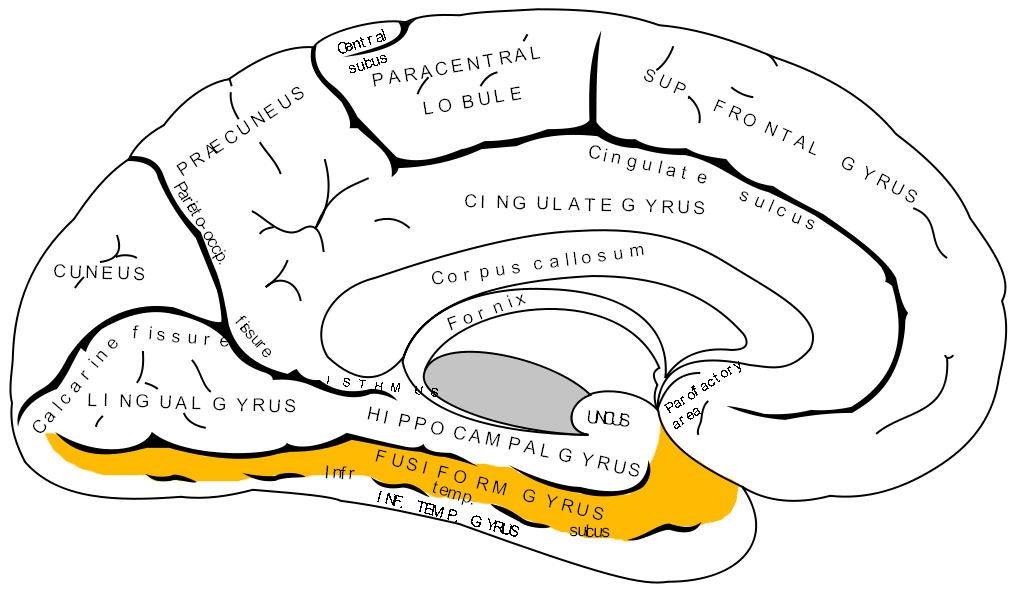
Prosopagnosia is thought to be the result of abnormalities, damage, or impairment of a fold in the brain called the right fusiform gyrus. This area in the brain plays an important role in coordinating the neural systems that affect facial memory and perception.

Prosopagnosia can result from stroke, traumatic brain injury, or certain neurodegenerative diseases.
In some cases, it is a cogenital disorder, present at birth in the absence of any brain damage. Congenital prosopagnosia appears to run in families, which makes it likely to be the result of a genetic mutation or deletion.

Face blindness isn't always a standard symptom of autism spectrum, but it seems to be more common in those with autism spectrum than in general population. It's theorized that face blindness may be part of what sometimes impairs the social development of people with autism.